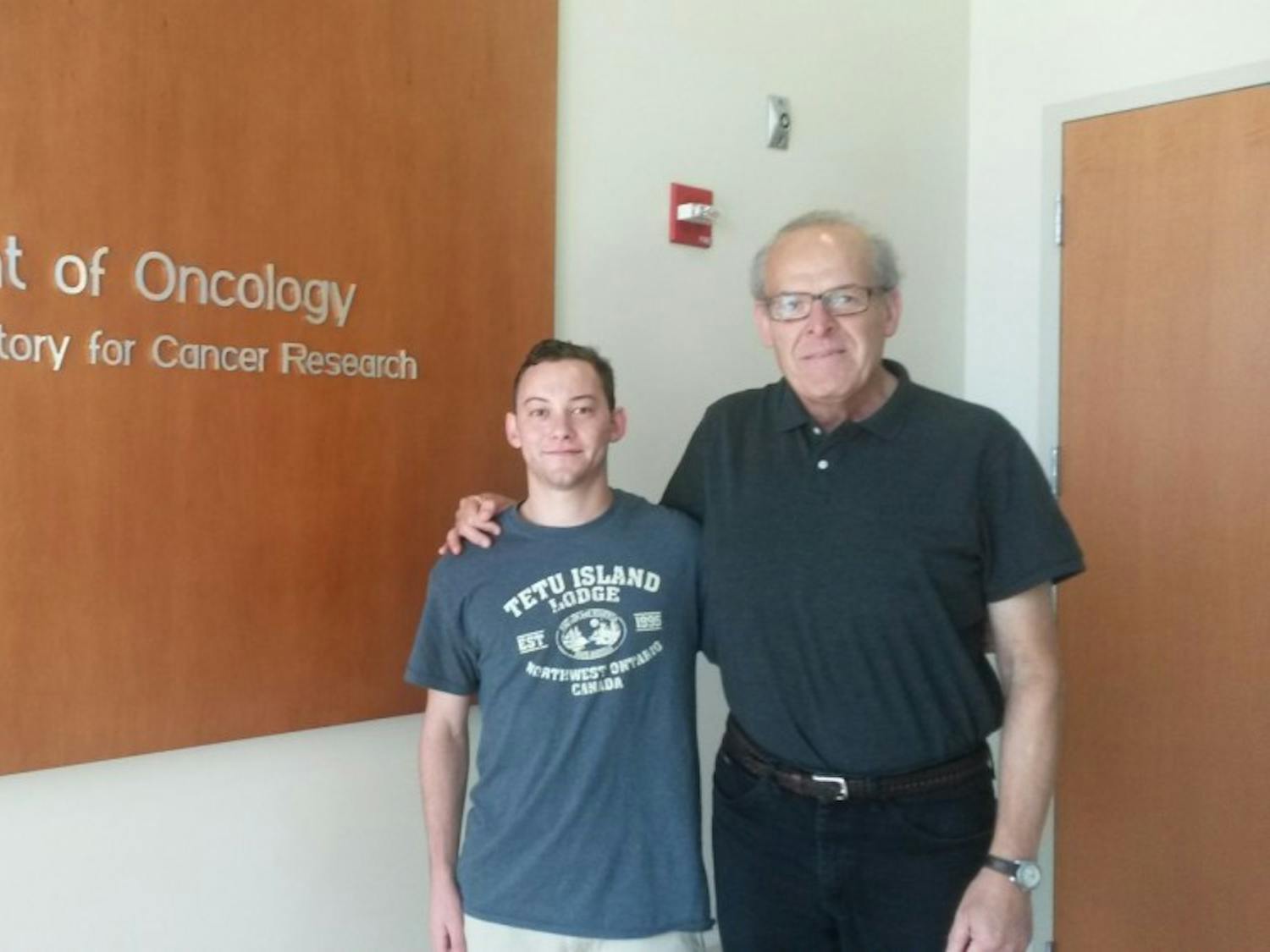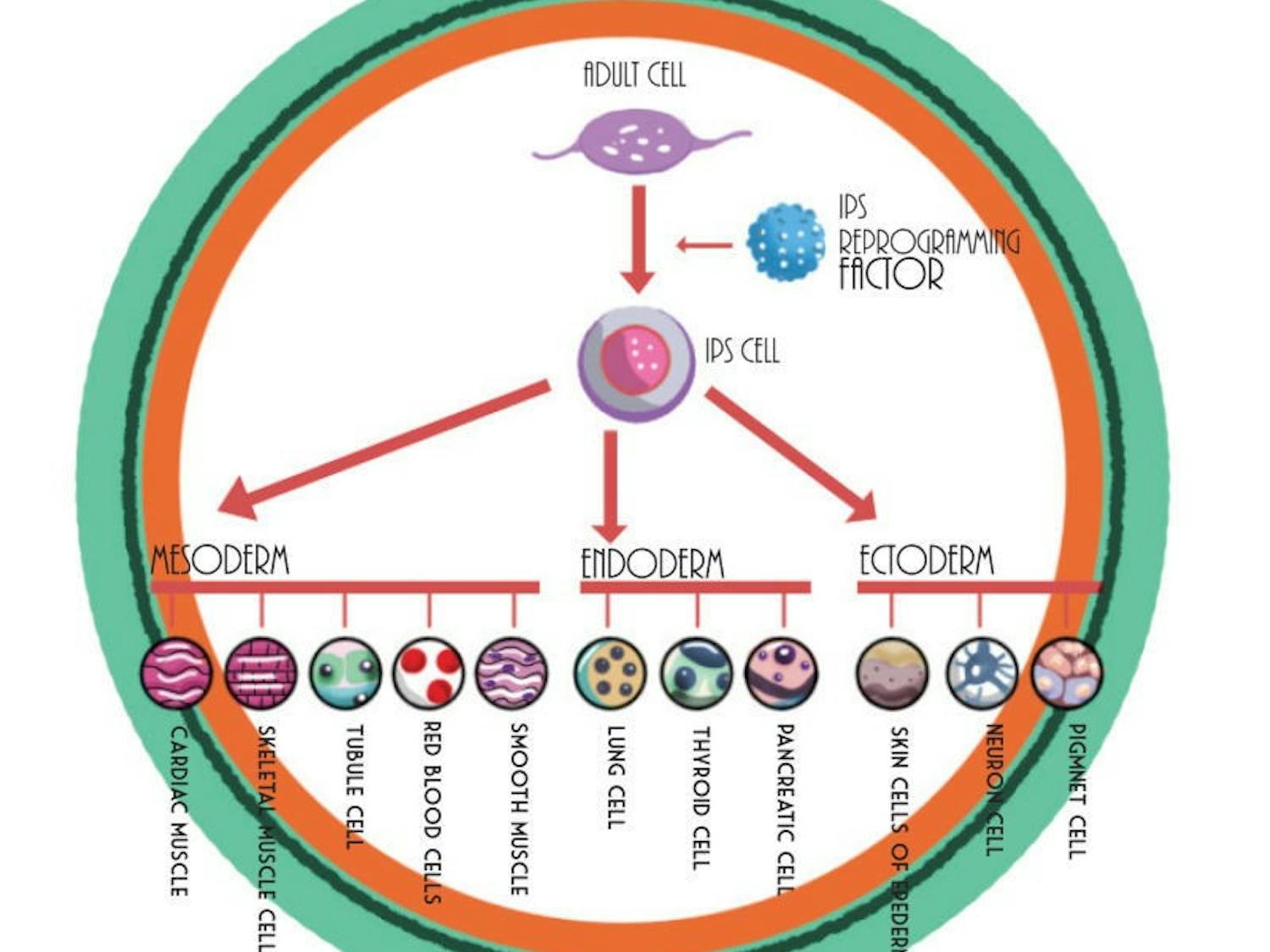Science Podcast: Dr. Falh on Cancer
By Jacob Blitstein | Nov. 14, 2015Dr. William Fahl has a long history at the University of Wisconsin-Madison. He completed his B.S in zoology and chemistry in 1972 and went on to complete his Ph.D in physiology and oncology here in 1975. He is now a Professor of Oncology at the University of Wisconsin-Madison and runs a research lab in the McArdle Laboratory for Cancer Research. His lab's main interests involve finding a way to enable cells to protect their genomes against natural, environmental, or chemotherapy induced toxins. In this podcast, Dr. Fahl discusses the modern day approach to combating cancer as well as his lab's recent discoveries. One of these, which is a focus of this podcast, is the development of a protective drug molecule to prevent hair follicles from deteriorating during chemotherapy. This molecule is applied via a topical lotion which is absorbed into the scalp which then acts as a vasoconstrictor on hair cells and prevents them from receiving the toxic chemotherapy drugs which cause hair loss. This discovery is currently in clinical trials. If successful, this revolutionary discovery by Dr. Fahl and his lab has the potential to completely eliminate the adverse side effect of hair loss due to chemotherapy.







